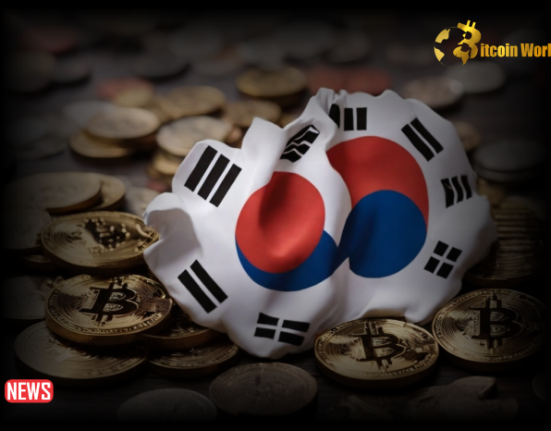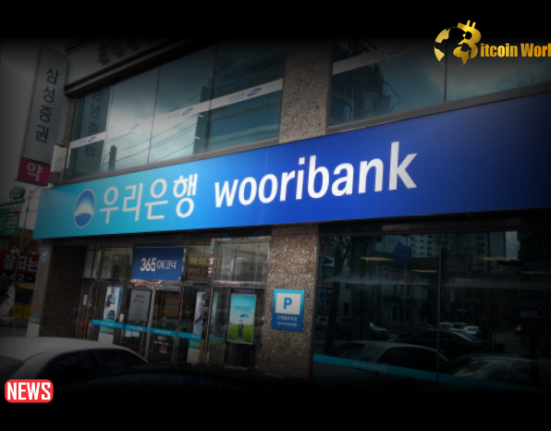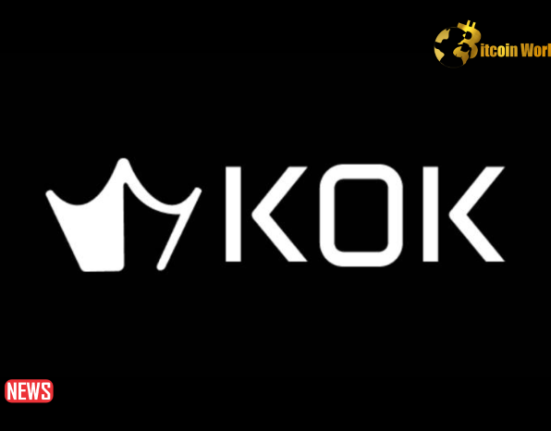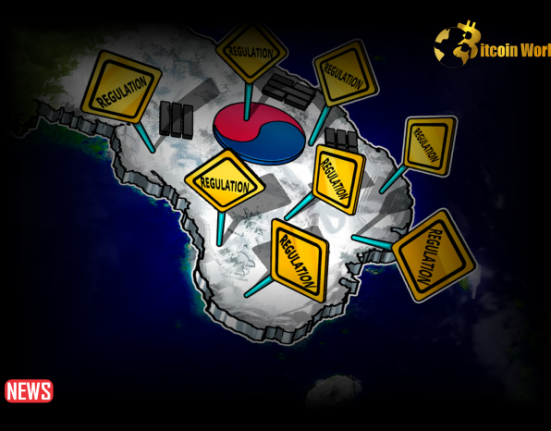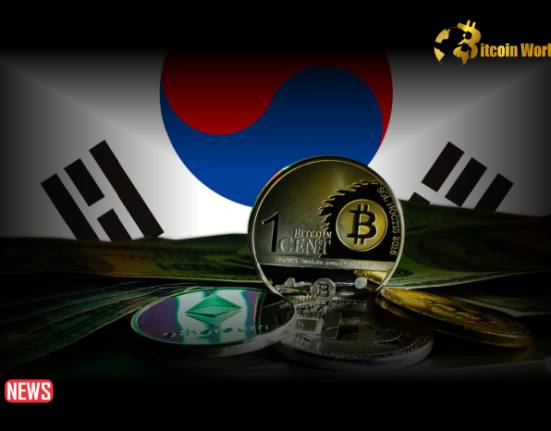The Ifland metaverse is being introduced by South Korean telecom giant SK Telecom (SKT) in 49 nations across North America, Europe, the Middle East, and Asia, the company revealed on Wednesday.
According to a press release from SKT, K-pop will be used to create joint content with several foreign partners and improve communication features on the platform in order to promote Ifland as a universal social metaverse.
SKT and NTT Docomo, the largest mobile phone provider in Japan, have signed a memorandum of understanding (MOU) to work together on the technology, content, and support of their respective metaverse platforms.
Additionally, Ifland has identified e&, a tech company based in the UAE, and Singtel, a telecom company based in Singapore, as its international partners.
Ifland implemented an internal economy in September, allowing users to hold meetings in the metaverse and accept cash-outable point donations from other users.
According to a press release, Ifland gathered 12.8 million users in Q3 2022. Zepeto, a local rival from Naver Z, has more than 300 million downloads worldwide and 95% of its customers are not from South Korea.
The Korea Information Society Development Institute (KISDI) estimates that as of 2021, SK Telecom will control over 47% of all mobile communications customers in South Korea.


